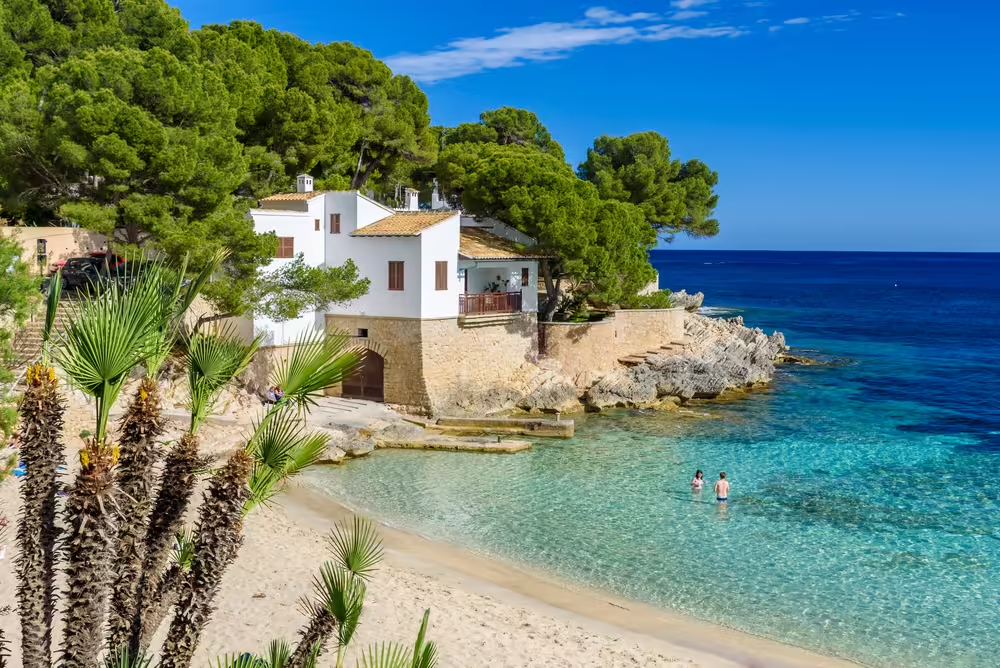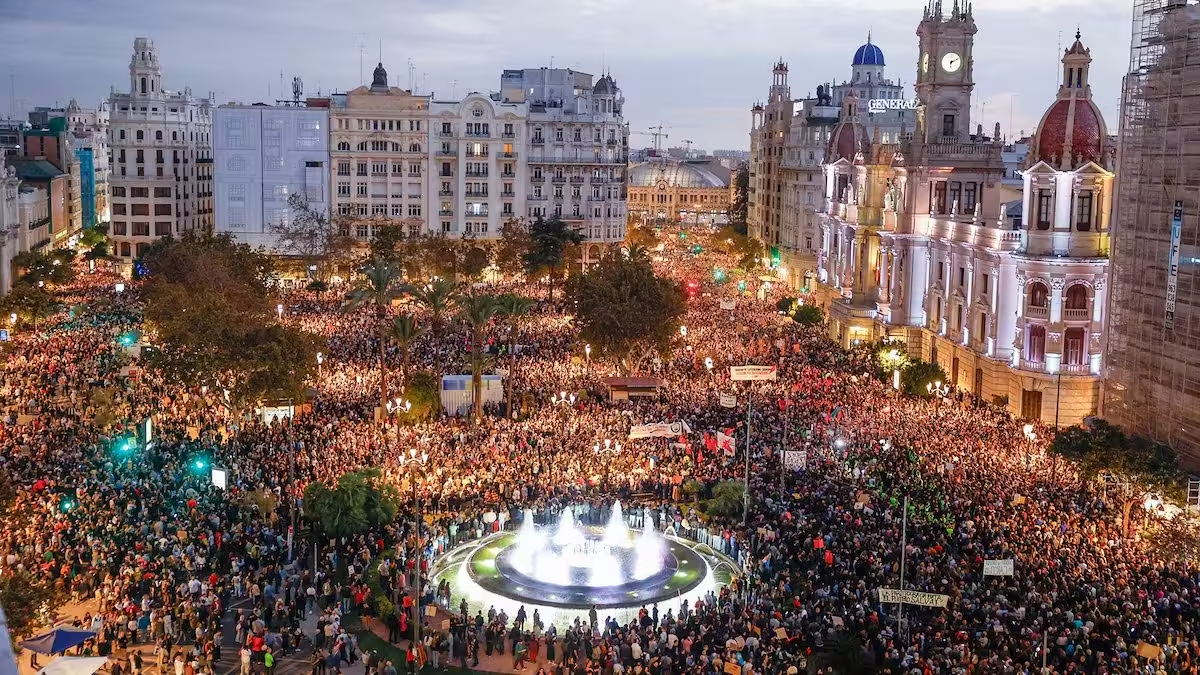Spain’s Golden Visa Is Ending: What It Means and Your Alternatives
Spain’s Golden Visa, a residency program introduced in 2013 to attract foreign investment, is coming to an end. The government has announced that new applications will no longer be accepted starting January 2025, marking a significant shift in its approach to immigration and economic policy. While this decision aims to address pressing issues like housing affordability, it raises questions about its broader implications for Spain and those who wish to move there.
Why Is the Golden Visa Ending?
The Golden Visa allowed non-EU nationals to gain residency by investing in real estate worth at least €500,000, or through other substantial financial commitments such as purchasing public debt or investing in Spanish businesses. The program was successful in attracting foreign capital, particularly in the luxury real estate market, but it has come under fire for contributing to property price inflation.
Critics argue that foreign investors pushed housing prices beyond the reach of ordinary Spanish citizens, especially in popular regions like Barcelona, Madrid, and the Balearic Islands. In response, the government has decided to phase out the program to alleviate housing pressures and prioritize affordability for locals.
There are also concerns about transparency. Residency-by-investment programs have faced international scrutiny for potentially enabling money laundering or tax evasion. By ending the Golden Visa, Spain aligns itself with broader European efforts to regulate such schemes.
The Economic and Social Impact
While the Golden Visa helped strengthen Spain’s economy during the post-2008 financial recovery, its contribution was not without downsides. Much of the investment went into high-end properties, benefiting developers but doing little to address the broader housing shortage.
Ending the program could redirect focus to more sustainable economic projects. However, critics warn it might deter foreign investment in other sectors, such as startups and regional businesses, which also benefited from the scheme.
On the social front, eliminating the Golden Visa is expected to make housing more accessible for locals, particularly in city centers where property prices have skyrocketed. Yet, the move could reduce the flow of affluent expatriates who often contribute to local economies.
Alternative Visas for Non-EU Residents
For those still dreaming of a life in Spain, there are several alternative visas to explore:
- Non-Lucrative Visa: Designed for those who can support themselves financially without working in Spain, this visa is a popular option for retirees or those with independent income. It requires proof of sufficient savings or income and mandates a minimum 183-day stay annually.
- Digital Nomad Visa: Remote workers employed by non-Spanish companies or freelancers serving international clients can apply for this visa. With a minimum income requirement of €2,565 per month, it offers flexibility and the chance to live in Spain while maintaining a global career.
- Entrepreneur Visa: This pathway is for innovators with viable business plans that promise to create jobs or promote economic growth in Spain. Applicants must demonstrate financial backing and a clear vision for their venture.
- Family Reunification Visa: Non-EU nationals with relatives residing legally in Spain can apply to join their family. This option is often used by spouses, children, or elderly parents.
- Work Visa: For those with job offers in Spain, this visa ties residency to specific employment. While it can be limiting, it’s a direct route for skilled professionals to settle in the country.
- Student Visa: For non-EU nationals pursuing education in Spain, this visa provides residency during the duration of studies and often serves as a stepping stone to longer-term permits.
What This Means for Spain’s Future
Phasing out the Golden Visa reflects a broader shift in Spain’s priorities, focusing on balancing economic growth with social equity. It also signals a move toward policies that emphasize long-term sustainability rather than short-term gains.
While some sectors may feel the loss of foreign capital, this change could pave the way for investments that benefit a broader demographic. By prioritizing affordable housing and encouraging immigration through alternative visas, Spain aims to attract residents who actively contribute to its communities and economy.
For non-EU nationals, this shift highlights the need to explore other visa options for living in Spain. Whether through remote work, starting a business, or joining a family, Spain still offers plenty of opportunities, just under different conditions.
Let us know what you think in the comments…
Thank you so much for your support! Reach out to us on Facebook and Instagram
For those interested in relocating to Spain we have created a Facebook Group How to Move to Spain to help you throughout the process. We will provide helpful free printables to keep you on track, online events to inform and support your journey, and above all create a community where you can ask questions and get advice. Please feel free to join!
Main image: Shutterstock/Simon Dannhauer
Share this content:




1 comment